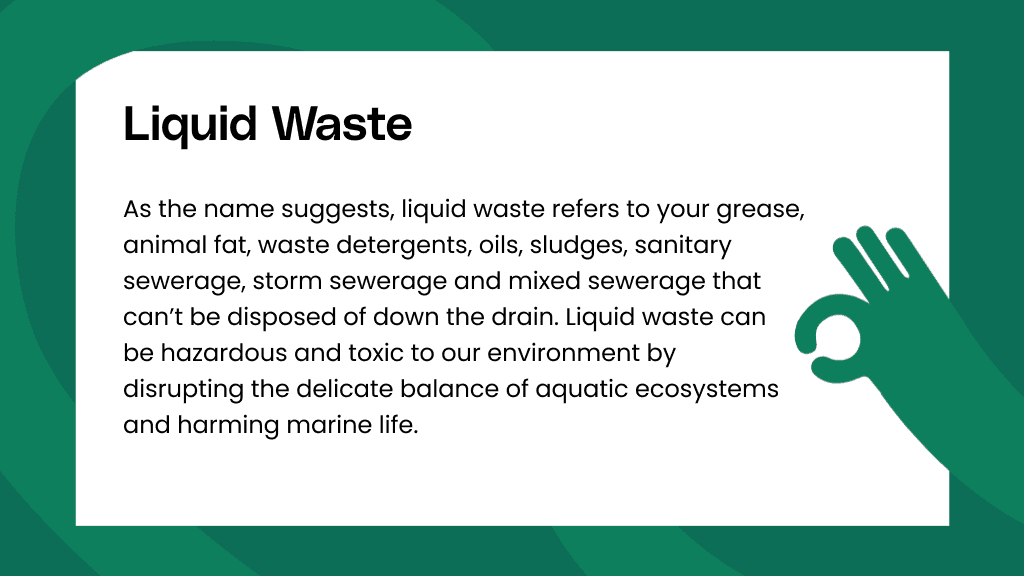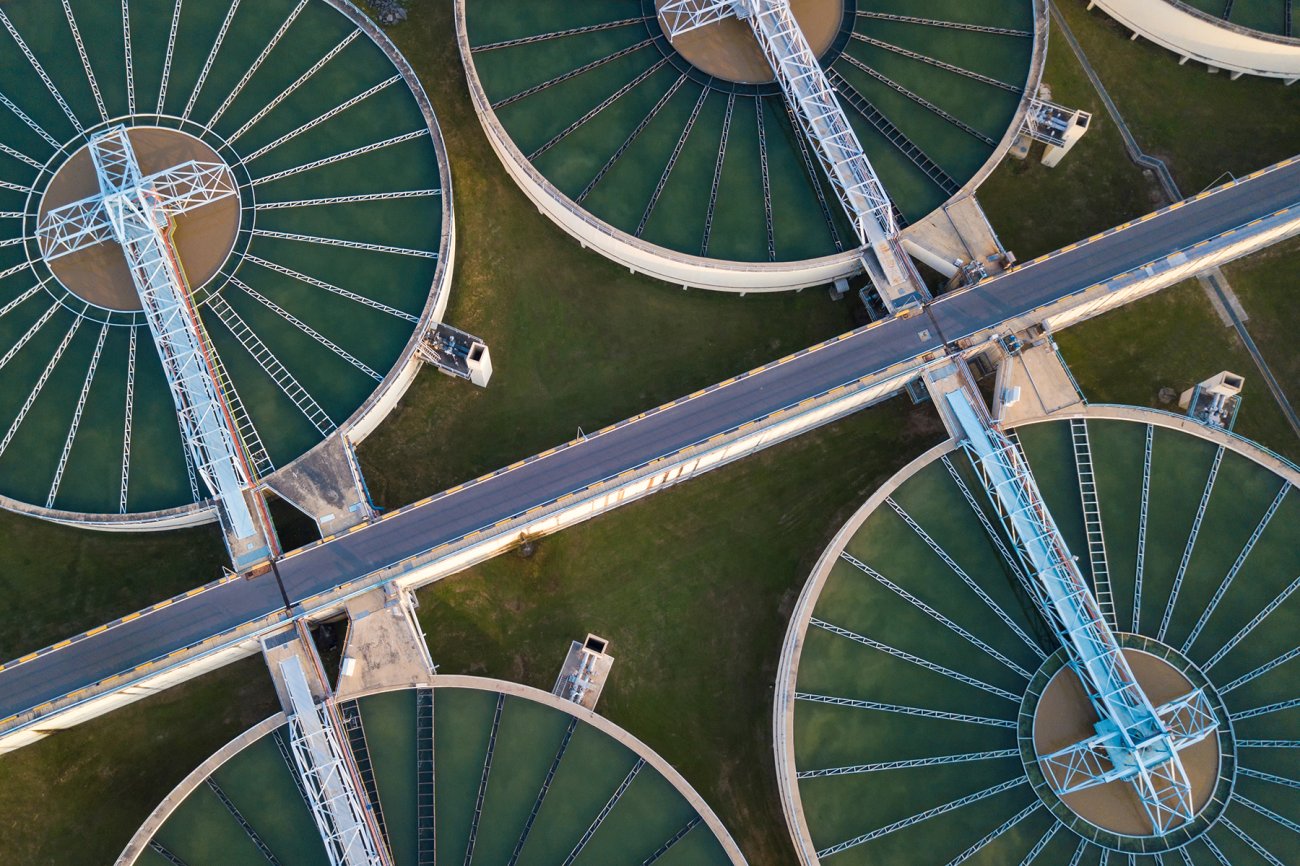4 Easy Facts About Reclaim Waste Shown
4 Easy Facts About Reclaim Waste Shown
Blog Article
Not known Details About Reclaim Waste
Table of ContentsReclaim Waste for DummiesExcitement About Reclaim WasteThe Main Principles Of Reclaim Waste Some Of Reclaim WasteThe Only Guide for Reclaim Waste
Domestic sewer waste refers to the waste and items from a property septic storage tank. The appropriate management and disposal of domestic sewer waste require fluid waste to be transferred to a sewage therapy plant where the correct techniques and equipment are used to cleanse and dispose of waste.
Industrial waste commonly includes possible hazards, such as combustible products or a mixture of liquid and strong waste items, and requires a much more sophisticated and comprehensive disposal procedure. The disposal of industrial waste commonly involves the purification of waste before transportation to make sure safe and appropriate disposal. Hazardous waste is developed from byproducts and overflow of industrial procedures and manufacturing.
This sort of waste can not use the exact same sewer monitoring transport or processes as septic or industrial liquids. The hazardous waste monitoring process needs the examination and screening of liquid waste prior to it undertakes the disposal process (industrial wastewater treatment). Runoff waste is the liquid waste that originates from drainage and excess stormwater in highly inhabited locations or cities
Runoff waste can trigger contamination and flooding otherwise taken care of properly. Discover more about drain cleaning and waste management. Making sure correct waste monitoring can protect against disasters and minimize environmental damage. Both individuals in domestic settings and professionals in commercial or manufacturing markets can profit from comprehending the processes and regulations of fluid waste monitoring.
Some Known Facts About Reclaim Waste.
Get in touch with PROS Providers today to discover concerning our waste administration and disposal solutions and the appropriate means to take care of the liquid waste you create.
(https://www.anyflip.com/homepage/imqzz#About)Do you know what takes place to your water when you pull the plug, flush the commode or drain the washing equipment? No? Well, it's worth recognizing. This supposed 'wastewater' is not only an essential resource yet, after therapy, will be launched to our land, waterways or the sea. Used water from commodes, showers, baths, cooking area sinks, washings and commercial processes is referred to as wastewater.

water used to cool equipment or clean plant and tools). Stormwater, a type of wastewater, is drainage that flows from farming and urban locations such as roofs, parks, gardens, roadways, paths and rain gutters into stormwater drains, after rainfall. Stormwater moves without treatment straight to neighborhood creeks or rivers, ultimately getting to the ocean.
Little Known Questions About Reclaim Waste.
In Queensland, a lot of wastewater is treated at sewage treatment plants. Wastewater is carried from residential or industrial sites through a system of sewers and pump terminals, recognized as sewage reticulation, to a sewage treatment plant.
The Department of Natural Resources advises local governments about handling, operating and keeping sewage systems and treatment plants. In unsewered areas, city governments might call for homeowners to set up individual or household sewage therapy systems to deal with residential wastewater from bathrooms, cooking areas, bathrooms and laundries. The Division of Natural Resources authorizes using house systems when they are confirmed to be reliable.
In some brand-new class, treatment of some stormwater to remove trash, sand and crushed rock has actually begun utilizing gross pollutant catches. Wastewater treatment happens in four stages: Removes solid over here issue.
Wastewater then moves into huge tanks where solids resolve and are eliminated as sludge. Oil and scum are skimmed from the surface area. Uses little living organisms understands as micro-organisms to break down and get rid of remaining liquified wastes and fine fragments. Micro-organisms and wastes are incorporated in the sludge. Gets rid of nitrogen and phosphorus nutrients that might create algal blooms in our waterways and intimidate aquatic life.
The Only Guide for Reclaim Waste
Nutrient elimination is not available at all sewage treatment plants since it needs costly specialist devices. It is coming to be more common in Queensland. Clear liquid effluent created after treatment might still contain disease-causing micro-organisms. If this effluent is released right into rivers such as rivers or the sea, the micro-organisms will at some point pass away out.

This normally indicates wastewater needs to be treated or contaminants eliminated before it can be released to rivers. A lot of wastewater flows right into the sewage system. Under the Act, regional governments carry out approvals and licences for eco appropriate activities (ERAs) entailing wastewater launches that may have a local impact. The division carries out authorizations and licences to Periods including wastewater releases that could have a local or statewide impact.
The 2-Minute Rule for Reclaim Waste
Tracking supplies valid details about water high quality and can validate that permit problems are being met. The information acquired via surveillance supplies the basis for making water top quality choices.
Report this page